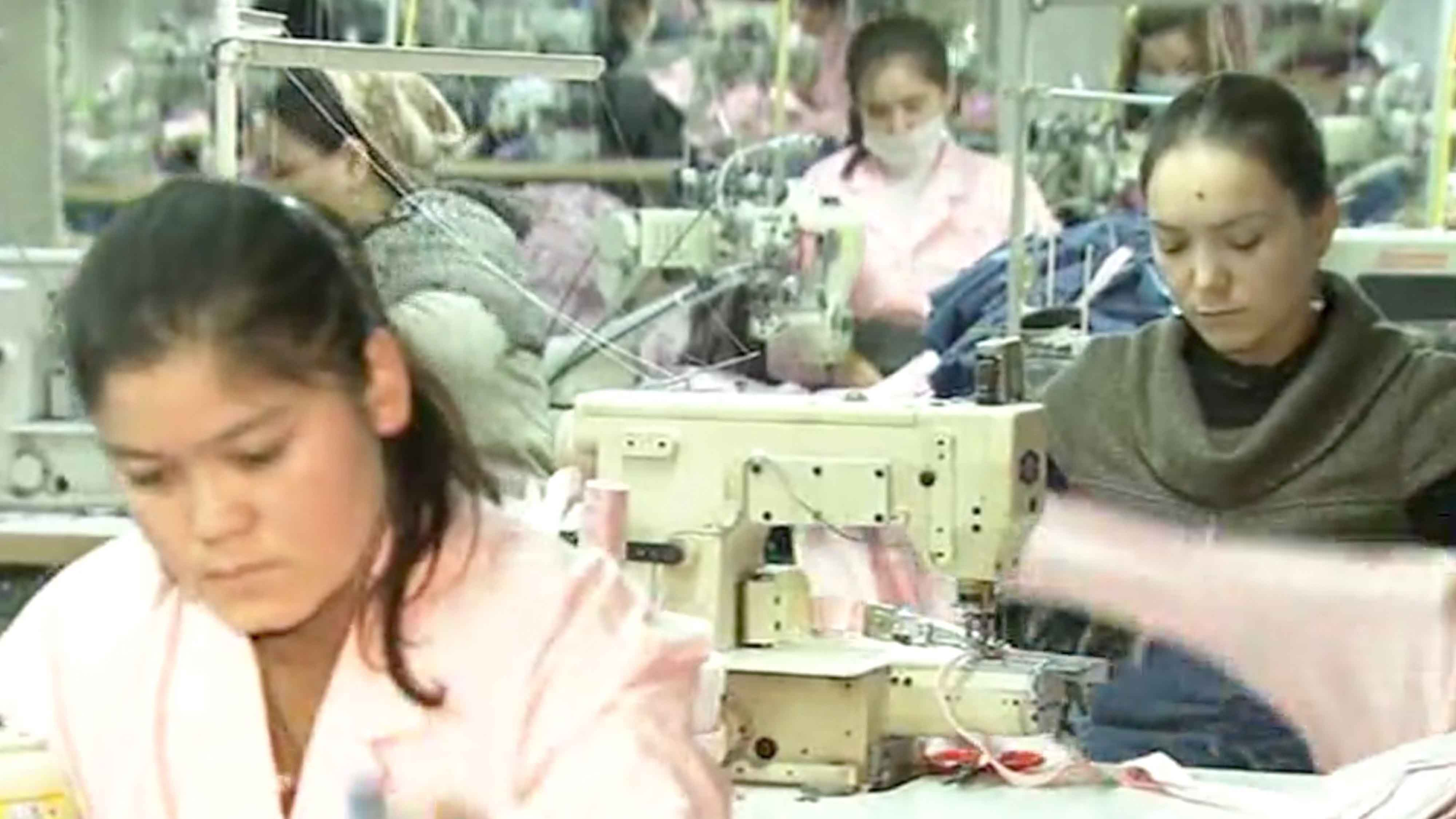
Business
15:09, 23-Nov-2018
Khorgos entrepreneurs commit to city development
Updated
14:32, 26-Nov-2018
By Zhao Yunfei and Wang Peng
02:10

The Chinese city Khorgos is located on the country's border with Kazakhstan.
For years, the geographical advantage of Khorgos helped fulfill many people's business dreams. With the implementation of local preferential policies and the wider-reaching Belt and Road Initiative (BRI), numerous companies in the area have been a hit.
At a local produce exporting company, workers are loading boxes of fresh fruits and vegetables and gearing up for clearing customs.
It takes as long as three days for those apples and oranges to travel from different parts of China to Khorgos. But in just two hours, they'll be in markets all over Kazakhstan.
"In recent years, Central Asian countries have relied heavily on fruit and vegetable imports from China. It's because the quality of China's agricultural products has gotten much better,” said Yu Chengzhong, general manager of Khorgos Jinyi International Trade Company.
Yu was a vendor and farmer when he first came to northwest China's Xinjiang Uygur Autonomous Region 30 years ago. Back then, he never thought about selling products abroad.
As his company grew larger, he hired more local farmers to help improve their livelihood and contributed to the city.
Yu's dedication to the community moved his daughter and the company's assistant manager, Yu Huan.
"Many in Khorgos feel the pressure to alleviate poverty. My father hopes to help his farmers learn something from the company," said Yu Huan.
Just a block away, a garment factory provides jobs for low-income families; all of the factory's sewing workers come from rural families in Xinjiang.
"We aim to create an industry model to support the development of Xinjiang. It also supports national unity," said Xu Sihu, manager of Xinjiang Hongdou Garment Company.
So far, their products have been sold across most parts of China, and the company plans to export more in the near future.
Khorgos is located at the thoroughfare of a major road channel that connects Asia and Europe. China has carried out preferential policies to encourage the merging of new startup companies.
But older generations of entrepreneurs have already put in decade-long efforts to operate their businesses here. Many of them hope newcomers think less about how to take advantage of bonuses, and more about how to make contributions to the local economy.

SITEMAP
Copyright © 2018 CGTN. Beijing ICP prepared NO.16065310-3
Copyright © 2018 CGTN. Beijing ICP prepared NO.16065310-3